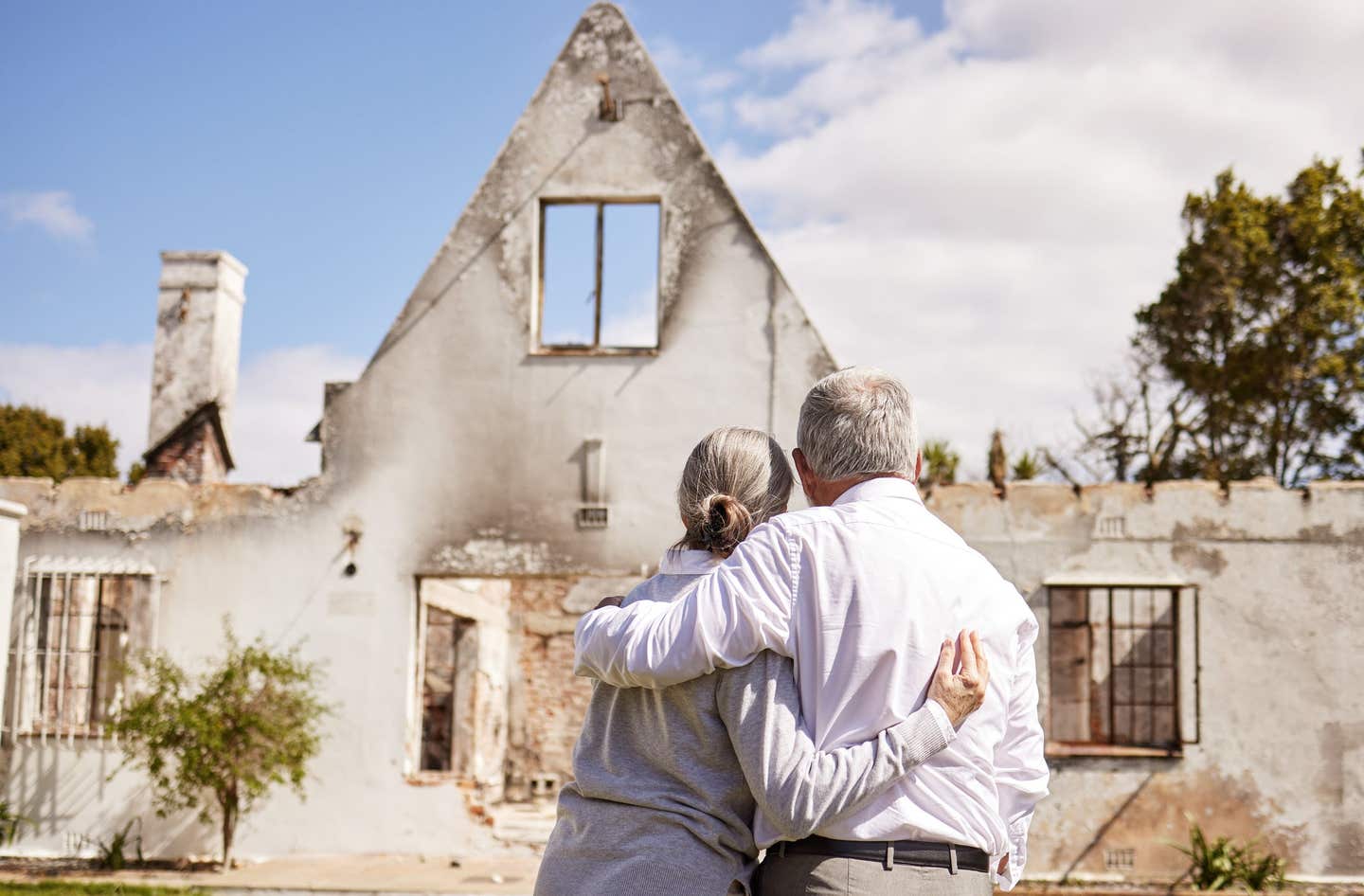Going Home After the Unthinkable
Returning home after a disaster is both physically and mentally draining. You want to access and document your damages, retrieve personal belongings and check on your neighbors. You may…

Returning home after a disaster is both physically and mentally draining.
You want to access and document your damages, retrieve personal belongings and check on your neighbors. You may not know if your house is even standing.
Keep your safety in mind and use caution. No matter how much you want to see your property, do not go home before local officials say it is safe to return.
FEMA, the Federal Emergency Management Agency, advises you to proceed with caution.
Keep a battery-powered radio with you for emergency updates and carry a battery-operated flashlight.
Be careful of possible new safety hazards on your way to your neighborhood; roads and bridges may be washed out or blocked by debris, traffic signs not working and power lines down could be down. While you’re looking out for broken glass, keep an eye for animals, especially poisonous snakes. FEMA recommends you use a stick to poke through debris.
Let local authorities know about any health and safety issues you see, including chemical spills, smoldering insulation, and dead animals.
Don’t enter your home before checking outside for loose power lines, gas leaks and structural damage. If you have any doubts about its structural safety, have your house inspected by a qualified building inspector or engineer before you go in.
Once inside, look out for loose boards and slippery floors and then check for gas leaks. If you smell gas and you can’t or don’t know how to turn off the gas at the main valve, open a window and leave immediately. Call the gas company.
Don’t turn on the lights until you are sure they’re safe to use. Check the electrical system and turn the power off at the main fuse box or circuit breaker. Once the power is off, unplug any wet or damaged appliances.
If you see sparks, or if you’re wet or standing in water, leave and call an electrician.
If your pipes are damaged, turn off the main water valve. Don’t flush toilets until you know your sewage lines are intact and don’t drink any water until you know it’s not contaminated. Throw out food and any household supplies that came into contact with floodwater or the chemicals used to put out a fire.
Be aware of your health, too; set reasonable goals and pace yourself. You can’t do it all at once. Wear protective clothing such as work boots and gloves’ and wash your hands with soap and clean water often. Take breaks, eat and drink plenty of water. Get enough rest, it will help protect you physically and mentally.
Documenting damage, replacing important documents, filing claims, do you know where to begin? Ready.gov offers some general advice on what to do after disaster strikes to start getting your home and your family back to normal.


